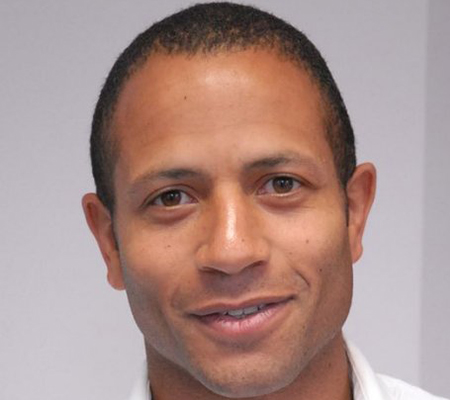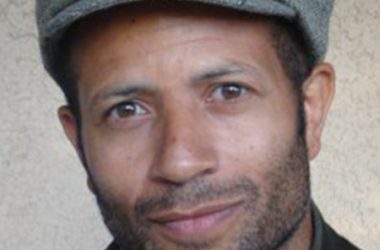By JJ Amaworo Wilson
Jean-Paul Sartre described Che Guevara as “the most complete man of our time.” Like Martin Luther King, Guevara was martyred by the forces of conservatism at the age of thirty-nine. But before Guevara there was Fanon.
Frantz Fanon was a revolutionary. A protean figure and a qualified doctor, he combined his interests in psychiatry, philosophy, politics and literature to write books and essays decrying the evils of colonialism. The Wretched of the Earth is his best-known work, but, like Guevera, he was more than an observer. He fought in wars and was at the forefront of a great uprising against a colonial power.
Born in 1925 on the Caribbean island of Martinique, Fanon came of age in the cauldron of Algeria’s War of Independence. As one commentator put it, he arrived as a rebel and left as a revolutionary. His death from leukemia, at the age of thirty-six, was a tragedy but it put into perspective the vitality of his life and raised the question: how did he come to such knowledge and achievement at such a young age?
This new biography sheds some light on this question. Zeilig captures Fanon’s spirit superbly. Fanon’s brother described him as “fireworks on the inside, fireworks on the outside,” and Fanon’s extraordinary drive and brilliance are much in evidence. Here is a man who slept three or four hours a night, read everything, globe-hopped to deliver volcanic speeches, and dictated his books to a secretary in a whirlwind of passion – which is why Fanon’s writing comes across as an extemporized, thrilling, and slightly disorderly performance. In his capacities as a doctor, Fanon healed both the tortured and the torturer because he saw that the oppressor was oppressed by his lack of humanity (Marx: “any people that oppresses another forges its own chains”). He was, in other words, a force of nature. Zeilig describes all of this and also provides useful exegeses of Fanon’s major books, which will send readers back to the original work with a better idea of how to approach it.
The biography is very strong on the details of Algeria’s struggle from its French colonial master. There is a wealth of information – some of it rather arcane – concerning Algerian rebel factions, and Zeilig frequently rescues peripheral figures from obscurity. While it’s important to put the struggle into perspective, we do sometimes lose track of Fanon’s place in the scheme of things and the chronology of his exploits. For historians of Algeria, the background information is useful, but general readers might be tempted to skip these parts.
My only other criticism concerns the proofreading of the text. I have a lot of time for the publisher, IB Tauris – their political science list is particularly good, and they have a strong suite of translated Arabic novelists – but in this biography I counted ten typos in the first 90 pages alone. There are also some stylistic infelicities that a more vigilant editor would have caught. Why the rush to get the book out? Fanon has been dead for fifty-five years.
Overall, then, does this work add anything to seminal earlier works by David Macey, Alice Cherki and Hussein Bulhan? For historians of Algeria, definitely. For those who just want to learn about Fanon, this book doesn’t get as close to him as, say, Cherki’s portrait. But it is still a valuable primer and a reminder of how astonishingly prescient Fanon’s work is. On racism, terrorism, demonization of Arabs, and mass movements for social justice, Fanon could be writing about today’s world.



